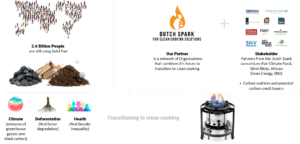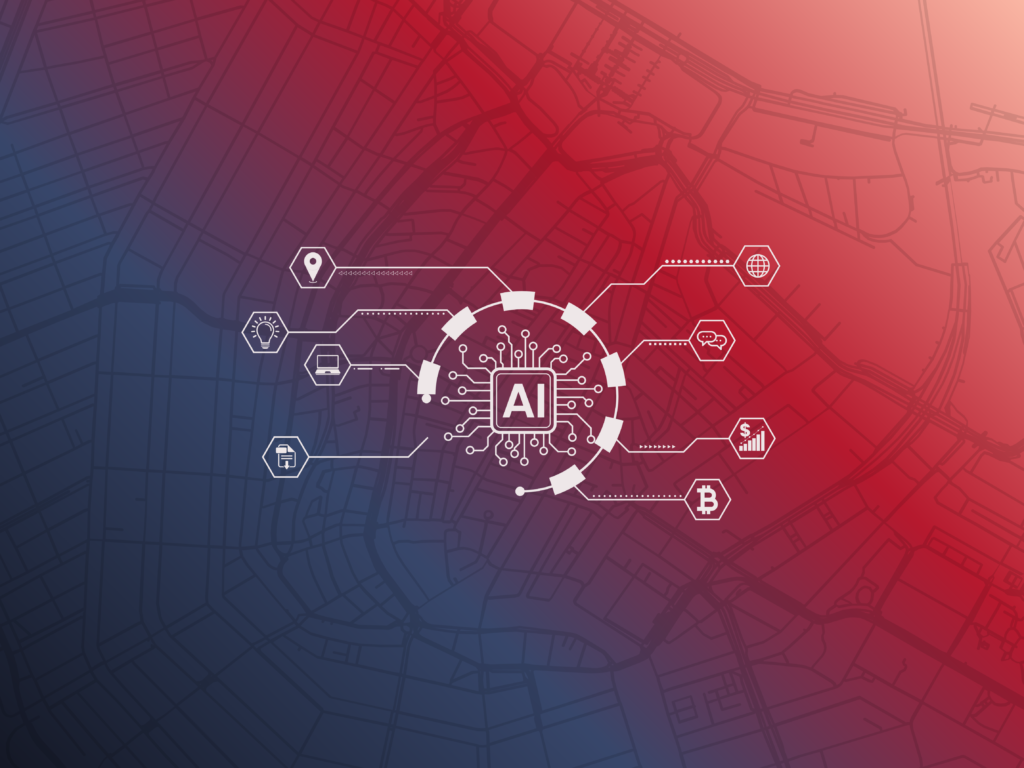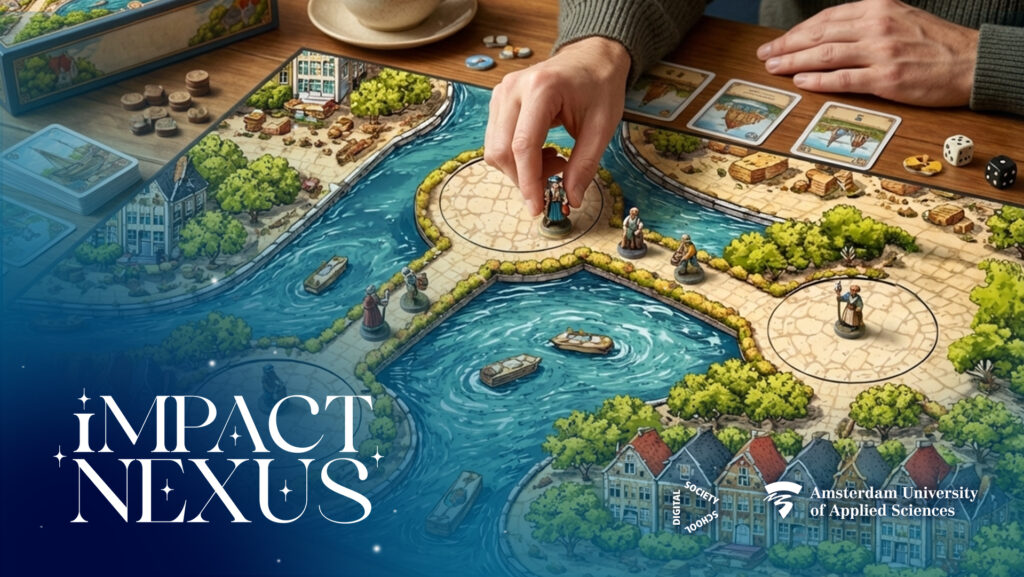Project
Dutch Spark
Background
What would you do if something as basic as cooking is killing you? 2.6 Billion are still cooking with solid fuels (Firewood, Manure, Coal Etc) worldwide. This contributes to around 2 % of all climate changing emissions. This includes greenhouse gasses & black carbon emissions (equivalent to airplanes). It results in devastating levels of deforestation and forest degradation. It also causes 4 million people dying prematurely from inhaling polluted air, not to mention its disproportionate effects on women.

The Consortium
Dutch spark is a consortium of like minded organizations who all want to achieve the same goal of facilitating women of developing nations switch to cleaner fuels creating carbon savings (As well as other SDGs) impact. Currently they are 10 independent organizations (African Clean Energy, Mimi Moto, Fair Climate Fund, Climate Neutral Group, Hivos/Energia, SNV, Bix Capital, FMO, RVO, and the Ministry of Foreign Affairs). They often come together to partner & collaborate on different projects striving towards creating more impact.
The Value Chain
A Impact Generator (women cooking) starts the Carbon Value Chain through carbon savings (Switching to cleaner fuel). Then many ground level staff collects, quantifies and translates the impact into impact data. After that, a Carbon Certifier measures & certifies the data as carbon credits, for a Carbon retailer to prospective buyers (Corporations & Conglomerates) who are looking to offset their carbon footprint.
Our Challenge
As the impact translation process is very slow, most of the clean cooking pilot projects are pre financed. There’s also the increasing occurrence of Stove Stacking (Using Solid fuels along with Clean ones) down the Energy Ladder which pollutes the carbon savings data. As the impact gets compromised, this results in the reliability & trust issues about the reputation of the sold credit. As within the consortium, there is no formal structure for impact data sharing, there’s no unified standard or uniformity in the communication of impact. This undermines the trueness of the impact and monetization potential of this sector.
So the challenge we received was:
‘How might we demonstrate the reliability of the impact data in a clear and uniform way in order to be useful for all stakeholders involved – especially auditors and other carbon credit buyers?’
Our Targeted SDGs



